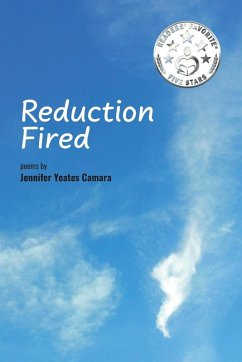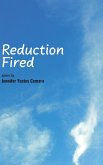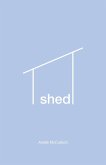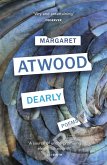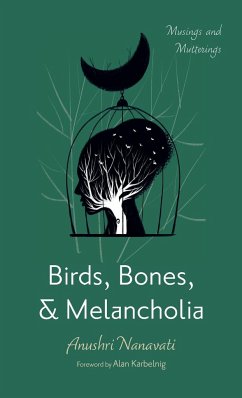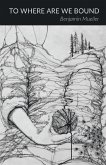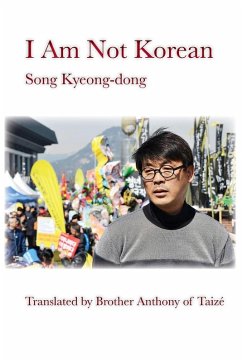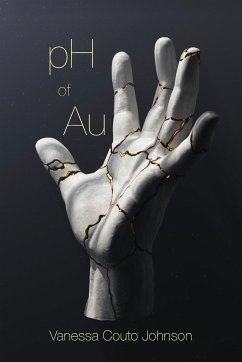Do you feel like you have been "reduction fired" in your life? As Jennifer explains in her book, Reduction refers to the pottery method of firing a piece in low oxygen conditions - typically by slowly reducing the oxygen that feeds the kiln's fire. ¿Some colours of glazes result from reduction that aren't achieved in oxidation. It may also be that the fuel-starved fire pulls oxygen from the clay itself, and in doing so draws elements from deep in the clay up to the glaze. This can make it harder to determine the precise outcome of the glazed piece. Reduction can even change the texture of the clay. Jennifer Yeates Camara is a contemporary Canadian poet with a distinctly condensed style. In this first collection spanning over 25 years, she was inspired by some of the standouts of classical world poetry, including traditional Japanese haiku, Tang Chinese poets Li Po (Li Bai) and Du Fu (Tu Fu), Bengali poet Rabindranath Tagore, and even Biblical Hebrew poetry, as well as English and Canadian literature. While Jennifer enjoys different forms of poetry (including the occasional sonnet), the style mostly seen in Reduction Fired is architectural. As Frank Lloyd Wright said, "'Think simple' as my old master used to say - meaning reduce the whole of its parts into the simplest terms, getting back to first principles." Here, lines are built only long enough to hold what is needed. Intimate feelings and rich visuals are described in everyday language that is clear and calm. The minimal verse at times is broken where the lines stand alone or the words at those points become different phrases with those before or after. Many poems use parallels, or rhymes of thought, to keep ideas finely connected. Yet routinely, they take the reader to unexpected endings. Most are short shots - they may be quickly swallowed but keenly felt. And there is ever a rhythm throughout Jennifer's writings. Reduction Fired is set out in 4 sections, each named for a season that represents a period in time. Specifically, they are grouped loosely in the reverse order they were written, with those under "Winter" being more recent poems from Jennifer's early 40s, penned when she was ill, and those under "Spring" being a few of her poems from her early 20s. Also, each poem's illustrations and symbolism are often taken from nature. There are further subgroups of poems for different subjects; for example, "Chalk Drawings" processes the emotions Jennifer felt when a man who appeared romantically interested in her revealed he had someone else in mind all along. On a similar note, "W.A.M.W." refers to her feelings for an older man who was beyond reach. Structurally, Jennifer attempts to break lines where they may suggest more than one meaning, or lead the reader down one path only to make an abrupt turn at the end. Admittedly, striving for this enjambment may muddle the meaning for some readers, yet the author hopes that those readers who wish might enjoy contemplating the multiple possibilities and the chosen outcome. The events described in these poems are common to many, as they typically involve relationships of one kind or another (like in the popular 'Chalk Drawings'). However, on occasion, Jennifer's poor beginnings, her dear friend's suicide, her spouse's disassociation from the family through addiction and her eventual mental breakdown do reveal themselves in certain poems or phrases. Jennifer presently works as a paralegal and lives with her son Mohamed in Vancouver, Canada. For more information on Jennifer, her influences and her photos, please visit yeatescamara.com.
Hinweis: Dieser Artikel kann nur an eine deutsche Lieferadresse ausgeliefert werden.
Hinweis: Dieser Artikel kann nur an eine deutsche Lieferadresse ausgeliefert werden.

